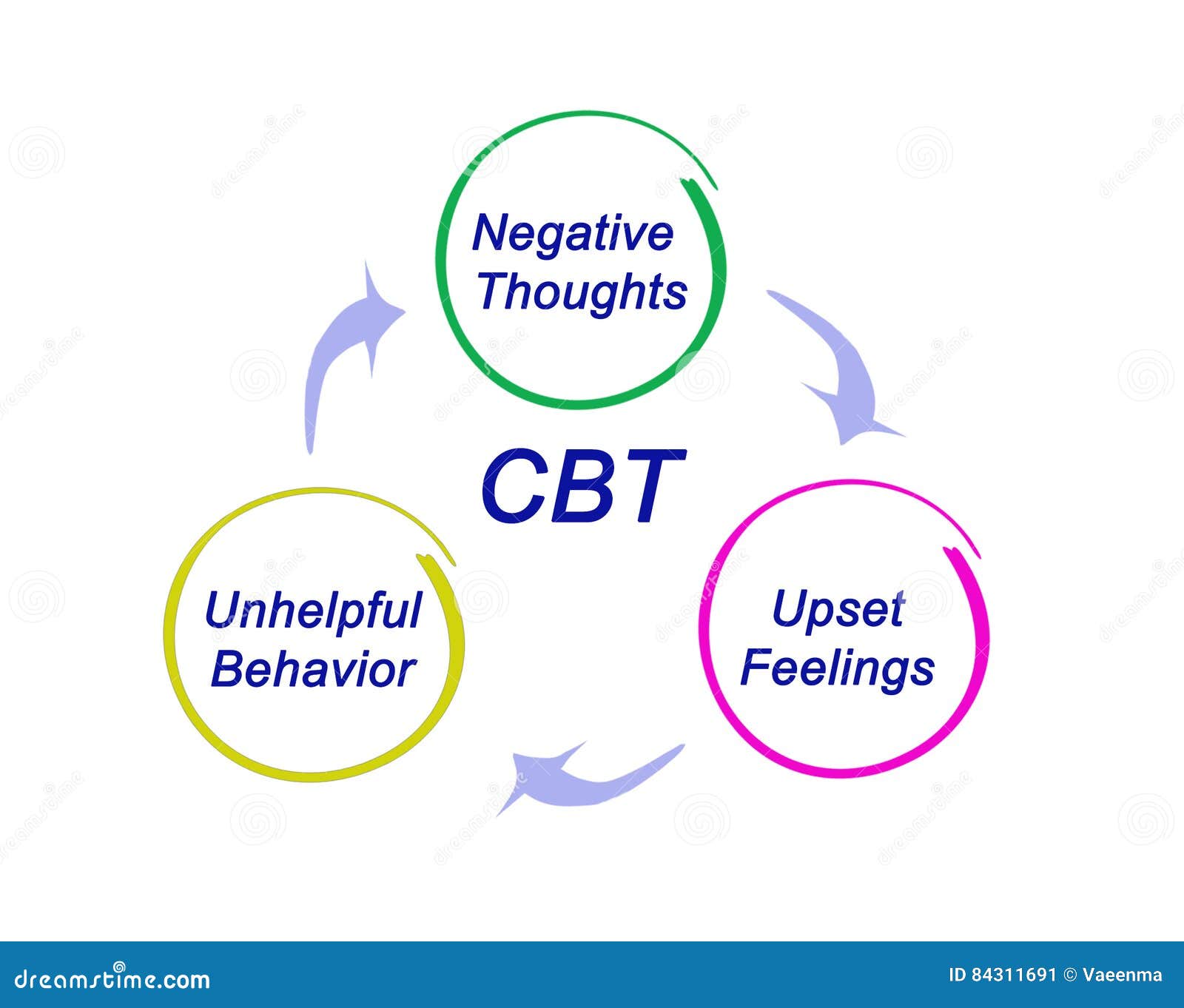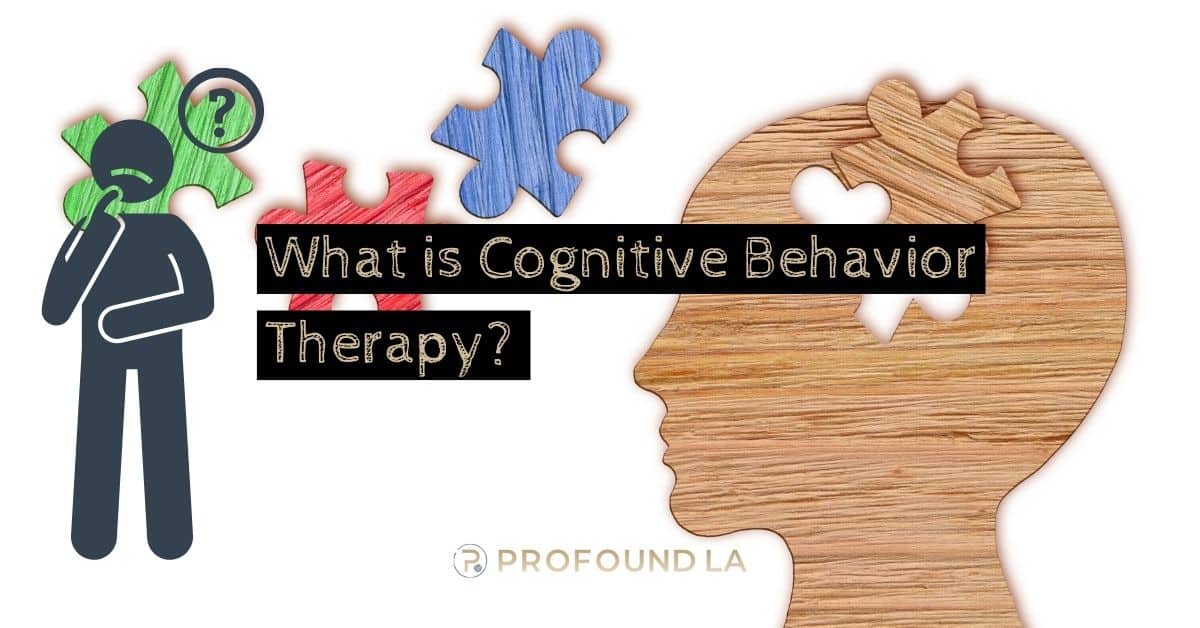
August 7, 2024
Just How Does Cbt Assists Chronic Pain: Your Utmost Guide
Acquiring Control Of Your Chronic Discomfort: Opening The Power Of Cbt The frequency of persistent pain varieties from 10% to 30% globally (Reid et al., 2011), creating a substantial public wellness demand and financial burden (Baumeister et al., 2012). According to epidemiological studies, comorbidity in between chronic pain and mental distress in clinical practice is greater than 60% (Walker et al., 2014). As defined above, CFT has a various strategy when trying to change the pain feedback. As a multidimensional cognitive framework, an individual is talked to and crucial idea patterns and behavioral responses to pain are recognized.Enhancement For Chronic Reduced Pain In The Back, Musculoskeletal Pain Intensity
An additional study published in the British Journal of Anaesthesia concluded that CBT can lead to considerable enhancements in pain, impairment, state of mind, and lifestyle in people with persistent pain. Additionally, CBT can help people established reasonable goals for their discomfort management. By establishing achievable objectives, individuals can make progressive actions in the direction of managing their pain properly and gaining back control over their lives. The function of Cognitive Behavior modification in pain management is considerable and multi-faceted.- The relationship between persistent discomfort and mental distress is intricate and bidirectional (Wittchen et al., 2011).
- Basic discomfort administration approaches for persistent discomfort consist of medicine, physical therapy, acupuncture, and surgery.
- Neither of both researches contrasting discomfort interference between MBI and TAU at post-treatment (De Jong et al., 2016, 2018; Gardiner et al., 2019) and at follow-up (Gardiner et al., 2019) revealed significant differences.
Brief Cognitive Behavior Modification For Chronic Pain (Short Cbt-cp)
Dealing with a skilled cognitive behavioral therapist provides lots of benefits to persistent discomfort people. CBT's primary objective is to lower ongoing discomfort and help people much better comprehend their thoughts and actions. By making use of the life skills they find out, such as lowering chronic stress, managing psychological discomfort, and other CBT strategies, people can enhance their quality of life in countless methods. Chronic pain can debilitatingly impact a person's physical, emotional, and social well-being. Given the objective of this study, CBT-based interventions without a control group were omitted. Some groups profit much more from CBT than others, as Pieh et al. [6] explained females profiting a lot more from multimodal pain treatment with a specific focus on CBT-oriented programs compared to their male equivalents. Additionally, the Expert Matters (VA) established a task to enhance the training and delivery of CBT in their healthcare facilities in 2015. These findings should be analyzed to understand the following constraints and staminas. First, offered the absence of trials with reduced RoB, it might be premature to conclude the magnitude of the efficacy of CBT-based treatments for this comorbidity. Second, considering that the heterogeneity of available data in the included research studies (e.g., setting of shipment, variety of sessions, intervention parts, and qualities of specialists, among others), it was not possible to compute a meta-analysis. Third, although released and unpublished studies were explored, just released studies in English or Spanish were finally included in this organized review, so various other or else relevant evidence might have been omitted. 4th, due to the restricted variety of RCTs, it was not feasible to analyze whether specific kinds of CBT are extra efficient than others. Persistent discomfort and psychological distress prevail wellness problems (Wittchen et al., 2011) with significant medical care and social effects (Chopra and Arora, 2014).I’m in pain, so why is my doctor suggesting a psychologist? - Harvard Health
I’m in pain, so why is my doctor suggesting a psychologist?.

Posted: Wed, 14 Aug 2019 07:00:00 GMT [source]
Can deep mind excitement treat chronic pain?
Deep mind excitement helps about 60% of the people we have actually treated to some extent. The rate of decrease hurting differs from person to patient. Generally we have lowered discomfort scores by 50% or more. For example, if a client had a pain rating of 10/10 we would certainly be able to reduce it to 5/10.

Social Links